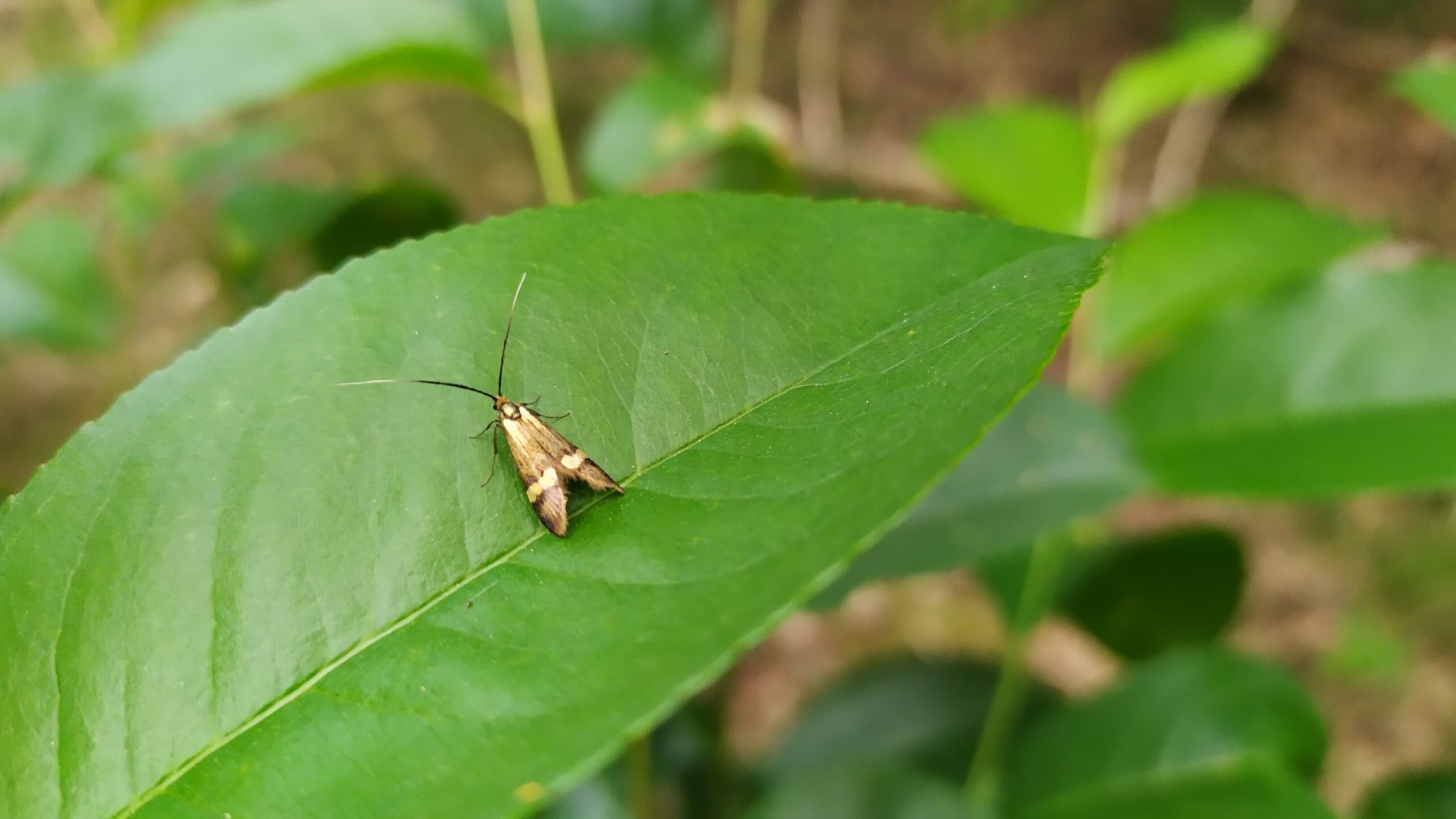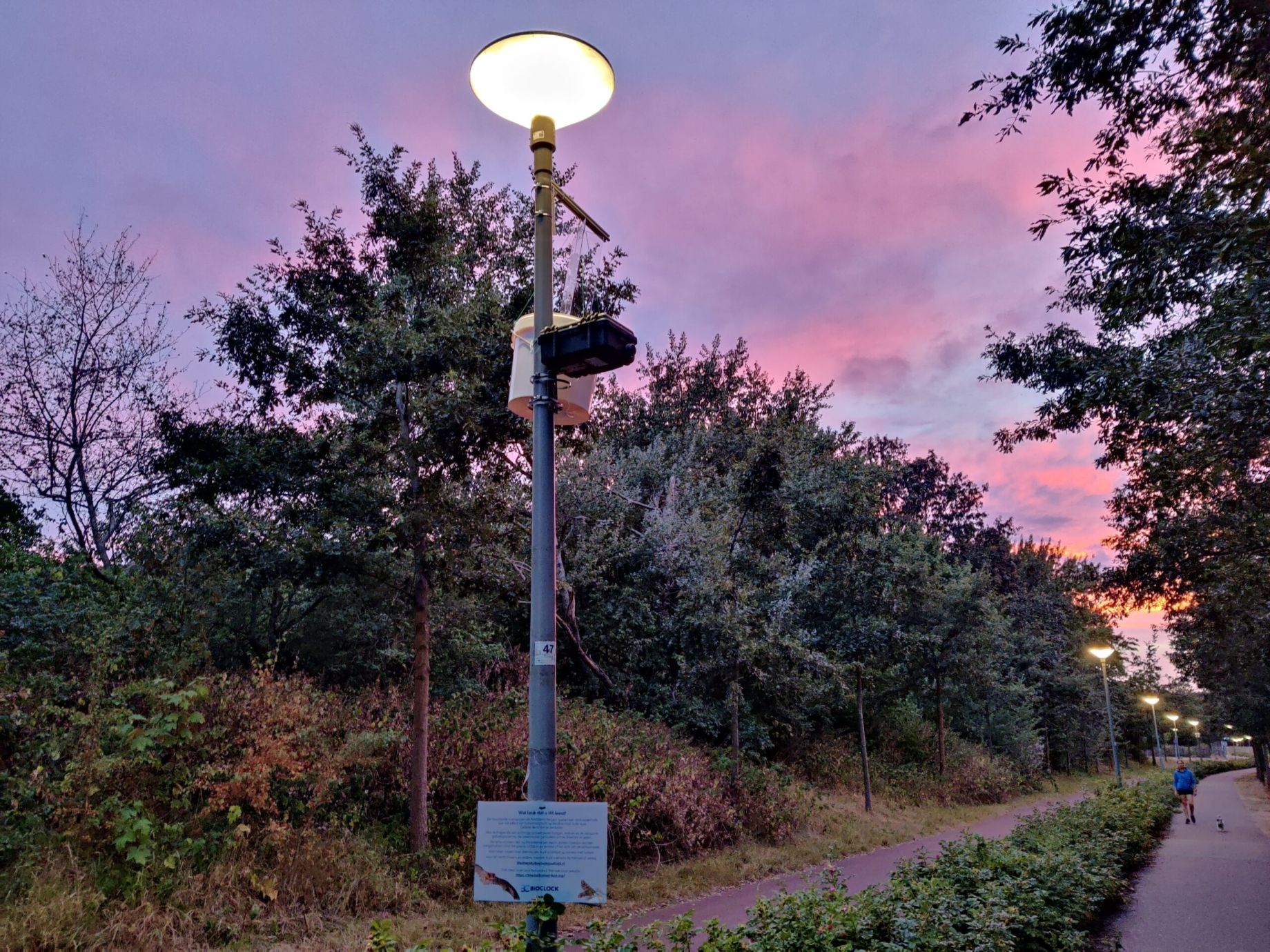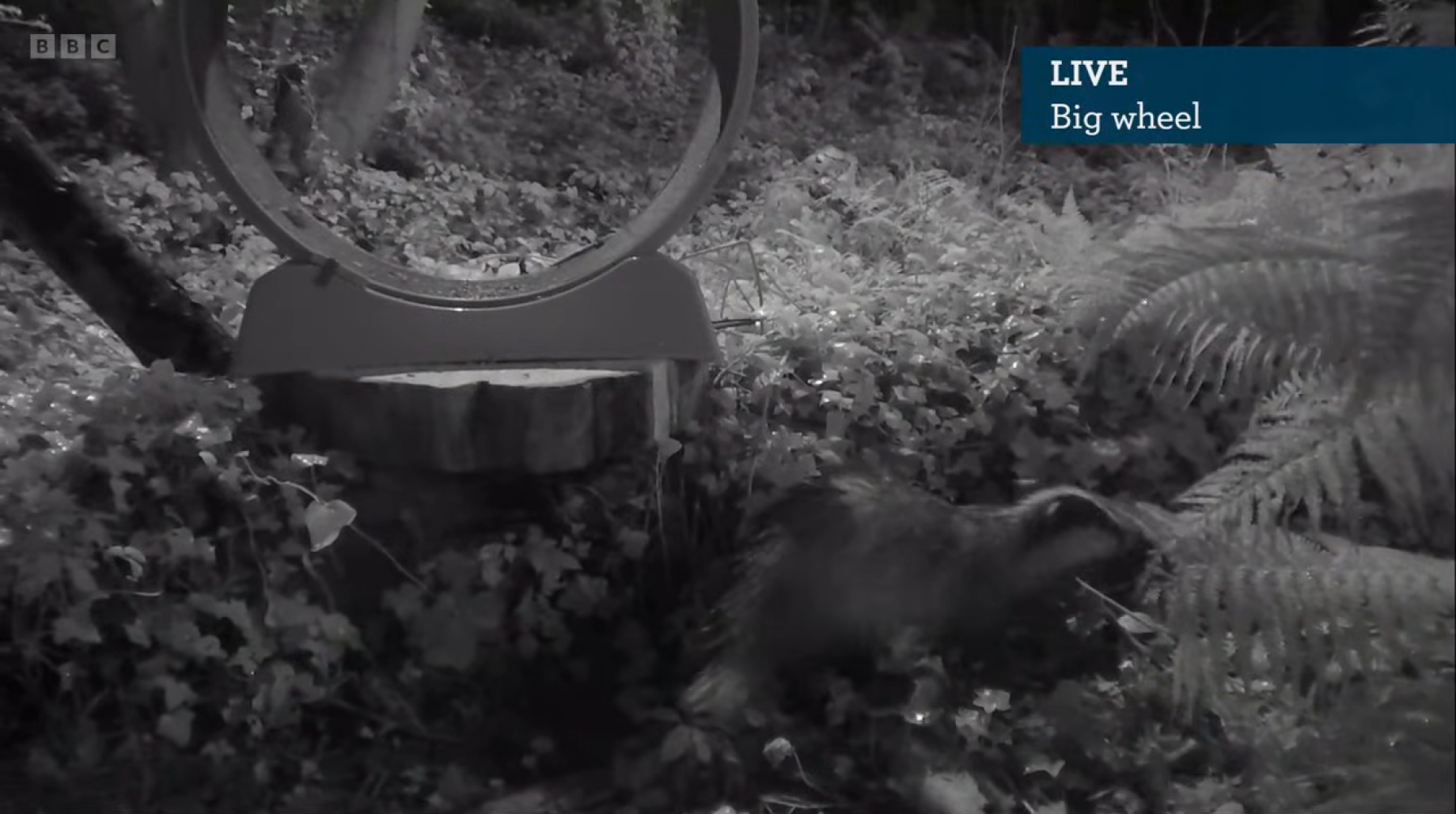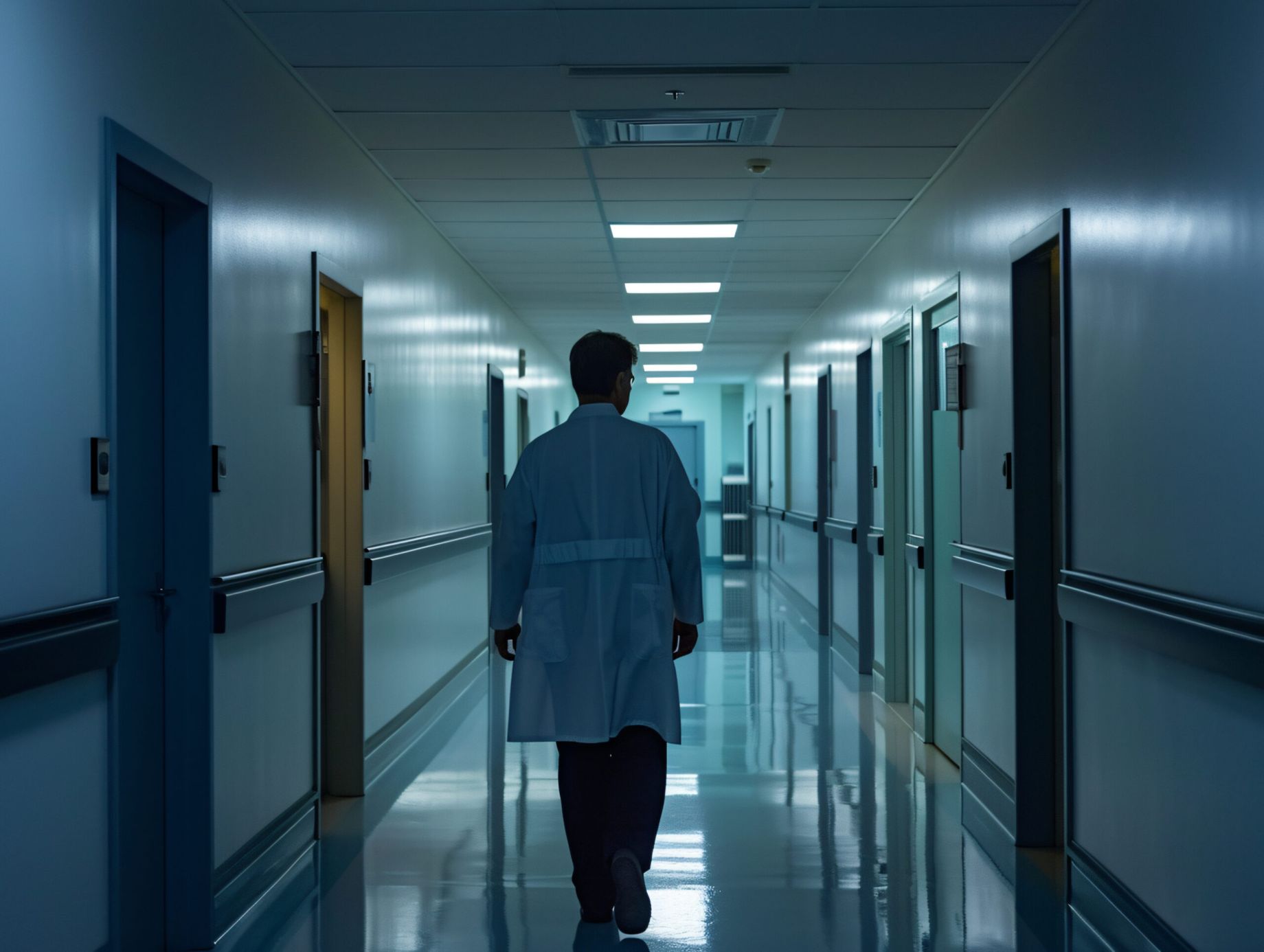Light is one of the most powerful signals synchronizing our biological clock to the outside world, but people differ widely in how sensitive they are to light. A new BioClock study, recently published in SLEEP, takes a closer look at how these individual differences in light sensitivity relate to chronotype – whether someone is naturally an ‘early bird’ or a ‘night owl’.
The BioClock research team, led by Dr Laura Kervezee, conducted this ambitious study at the NEMO Science...
New BioClock research: nocturnal insect attraction throughout the night
Written by bioclock on . Posted in News.
Artificial light at night has a large impact on our environment, and nocturnal insects are particularly sensitive to it. Previous BioClock research already showed us that color affects insect attraction. But now, thanks to a new study by BioClock researcher Gabriel Charvalakis, we know that it is also affected by the time of night.
The experiment
To study this phenomenon, Gabriel and his colleagues placed special camera traps in four forested locations in the...
New BioClock research: the benefits of light dimming and darkness in cities for bats and insects
Written by bioclock on . Posted in News.
It attracted a quite some attention from local residents when BioClock researchers Hannah Broeckx and Sander Buddendorf came to hang their measuring equipment on lampposts in The Hague and Rotterdam. They were conducting research into the effects of dimmed versus bright artificial light at night on urban pipistrelle bats and their prey: flying insects.
We are all familiar with the image: a street lamp with a swarm of flying insects captivated by the light. This behavior is...
Wheel running in the wild on BBC Winterwatch
Written by bioclock on . Posted in News.
BBC Winterwatch recently showcased a unique study led by Prof. Joke Meijer, head of the BioClock Consortium. The research from 2014 revealed that wild mice — and even other small animals — voluntarily use running wheels placed in their natural environment. These findings challenge the idea that wheel running is merely a behavior caused by captivity and instead reveal it as a natural, self‑motivated activity.
On the program, the Winterwatch team even recreated the scientific...
The clock starts ticking early: circadian variation in preterm breastmilk
Written by bioclock on . Posted in News.
Human breast milk is surprisingly adaptive, consistently changing to best meet the baby’s needs. Even the time of day has been known to affect its composition. But what happens when a baby is born very prematurely?
A new study by BioClock researchers Demy van Gilst and Inês Chaves aimed to find out if 24-hour variations are already present in breastmilk following a very premature birth. Researchers collected around 15 milk samples over 72 consecutive hours,...
New publication: circadian biology in the Intensive Care Unit
Written by bioclock on . Posted in News.
Critically ill patients often experience severe disruption of their sleep cycles and circadian rhythm during their stay in the Intensive Care Unit (ICU). Constant artificial lighting, continuous nutritional intake, and 24/7 medical procedures interfere with the natural rhythms that normally help regulate our internal clock. Research shows that circadian rhythms play a crucial role in physiological regulation, recovery, and overall health, raising an important question: how can we...
BioClock in the news: The future of night work?
Written by bioclock on . Posted in News.
Working night shifts can be demanding, as many night shift workers will recognize. What makes this work so challenging, and how can we improve this? In a recent article, popular Dutch newspaper De Volkskrant spoke with several BioClock researchers about the effects of night work and possible solutions.
Nightshifts and the biological clockThe negative effects of night work are closely related to the biological clock. Normally, it runs in sync with the 24-hour day-night...






